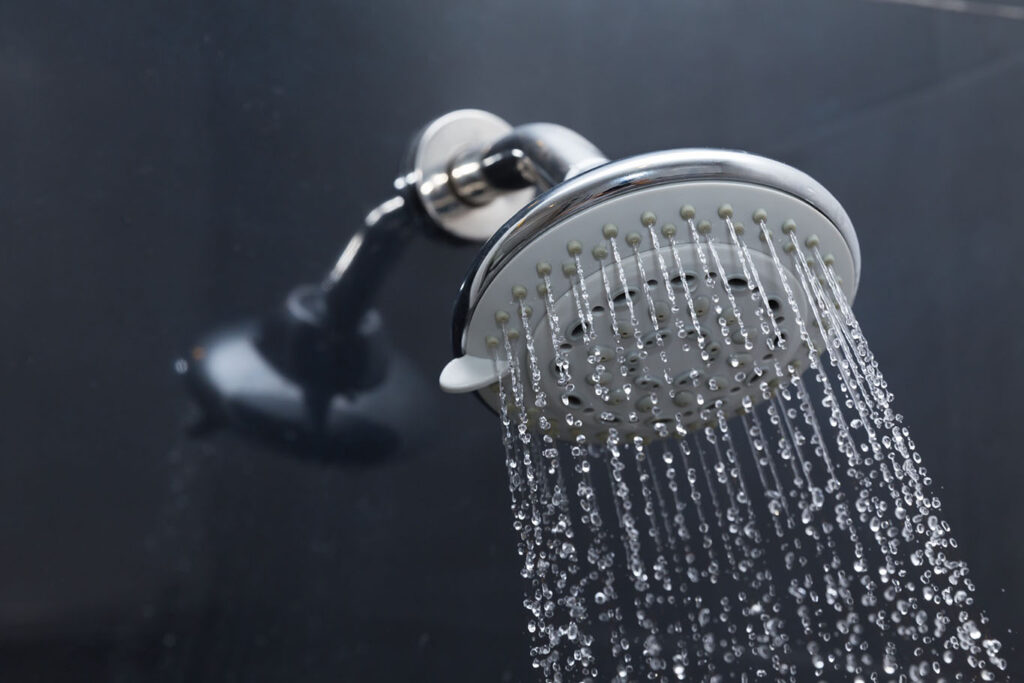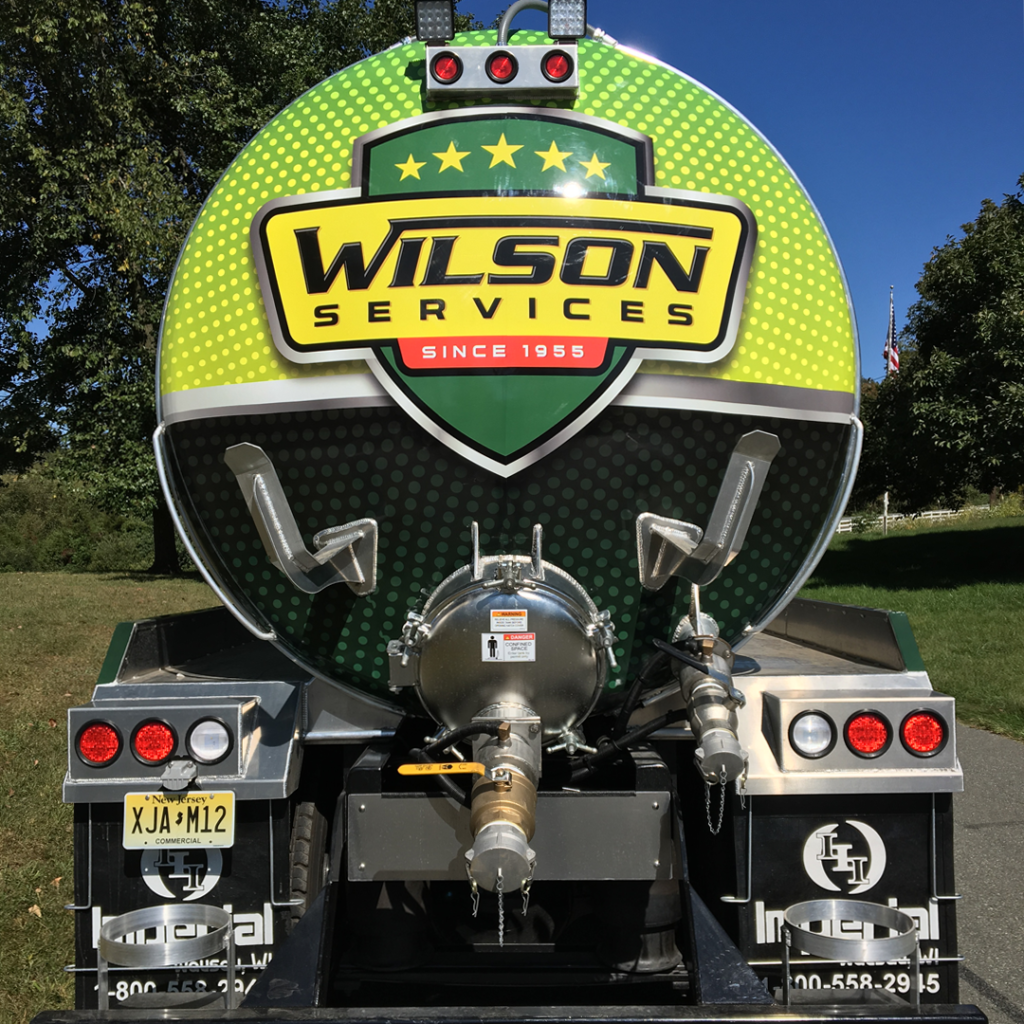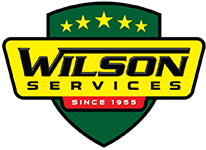
Many Sussex County homes rely on water softeners to tackle hard water, but could that “solution” be slowly damaging your septic system?
Water softeners are excellent at making showers feel smoother, keeping appliances free from scale, and extending the life of your plumbing. The catch is that each regeneration cycle discharges a salty brine solution into your septic tank. That extra water volume and sodium load may be doing more harm than you realize, especially if your system is older or not maintained regularly.
Here’s how water softeners interact with septic systems, the potential risks, and what Wilson Services recommends New Jersey homeowners do to keep both soft water and a healthy septic tank.
How Water Softeners Work
Most water softeners use a process called ion exchange. Hard water contains calcium and magnesium minerals that cause scale buildup on fixtures, in pipes, and inside water heaters. Inside the softener tank, these minerals are swapped for sodium or potassium ions. When the resin beads inside the softener are saturated, the system flushes them with a saltwater brine to recharge them.
That recharge, or regeneration cycle, can send 40 to 150 gallons of brine into your plumbing over just a couple of hours. If your home is on septic, all of that brine and extra water flows directly to your septic tank.
What Happens When Water Softener Discharge Enters Your Septic Tank
Increased Water Volume
A septic tank is designed for a specific flow rate based on the number of people in a household. When a softener regenerates, it sends a sudden surge of water into the tank, which can reduce retention time. This means solids don’t have enough time to settle before liquid moves to the drain field.
When solids are carried into the drain field, they can clog the soil, causing wastewater to back up into the home or surface above the drain field. Smaller tanks and systems already near capacity are particularly vulnerable.
If it’s been years since your last pumping, the problem compounds. Scheduling septic pumping in Sussex, NJ is a preventive step that keeps your system operating as intended.
High Sodium Content
Saltwater in the brine can affect the bacterial balance in your tank. The beneficial bacteria that break down waste don’t thrive in high-sodium environments. Without enough healthy bacteria, solids can accumulate faster and odors may become more noticeable.
The problem extends beyond the tank. In the drain field, sodium can alter soil structure, reducing permeability. When soil particles bind together, water has a harder time filtering through naturally. This can lead to standing water, soggy patches, and ultimately drain-field failure if left unchecked.
Myths vs. Facts: Do Softeners Always Harm Septic Systems?
Myth: Every water softener destroys septic systems.
Fact: Not necessarily. Modern, high-efficiency softeners use far less water and salt, and when properly installed and maintained, they can coexist with a healthy septic system.
The factors that make the most difference are the age and efficiency of the softener, the design of the septic system, and the type of soil in your drain field. Clay-heavy soils are far more susceptible to sodium damage than sandy soils.
If you’re not sure how your softener is affecting your septic, scheduling a septic inspection in Sussex, NJ can provide a clear assessment.
Warning Signs Your Septic System May Be Affected
Certain signs point to a septic system struggling with water softener discharge. These include needing to pump your tank more often than usual, slow drains or gurgling pipes throughout the house, and wet or soft spots above the drain field.
In some cases, homeowners notice a salty taste or smell in their water supply, especially if they are on a private well. This can indicate that sodium is moving beyond the septic system and affecting the groundwater. If you notice any of these symptoms, it’s wise to schedule septic repairs before the situation escalates.
What New Jersey Homeowners Can Do
Upgrade to a High-Efficiency Water Softener
If your softener is more than a decade old, replacing it can significantly reduce water and salt usage. Look for demand-initiated regeneration, which cycles only when necessary instead of on a timer, and low-salt settings that use six to eight pounds of salt per cycle rather than the 15 or more that older units often require.
Reroute the Discharge
In some cases, rerouting your softener’s backwash to a dry well or separate drainage system can protect your septic. Always check local New Jersey codes before making changes.
Schedule Routine Septic Maintenance
Proactive care is much less expensive than replacing a failed system. Annual septic maintenance can detect problems early, measure sodium levels, and ensure your drain field is functioning properly.
If trouble strikes suddenly, emergency septic pumping is available to get your system back in service quickly.
Why Wilson Services Is the Right Call for Septic and Softener Concerns
Wilson Services offers full septic services in Sussex County, from inspections to pumping and repairs. Their technicians have experience with both plumbing and septic systems, so they understand exactly how your water softener ties into the bigger picture.
Because they’re local, they know the soil conditions, drainage challenges, and septic regulations unique to New Jersey. They take a preventative approach, helping you extend your system’s lifespan rather than just fixing emergencies. Whether you need advice on rerouting a discharge line or want a full drain-field diagnostic, Wilson Services can walk you through every step.
What This Means for Your Sussex County Home

You don’t have to choose between soft water and a healthy septic system. But ignoring the impact of a water softener can lead to clogs, backups, and costly repairs.
The key is to strike a balance. Use efficient equipment, minimize salt and water discharge, and keep your septic system in peak condition with regular inspections and pumping.
If you want peace of mind, contact Wilson Services today to schedule a professional septic inspection. They can help ensure your water stays soft, your drains stay clear, and your septic system works the way it should for years to come.

Recent Comments